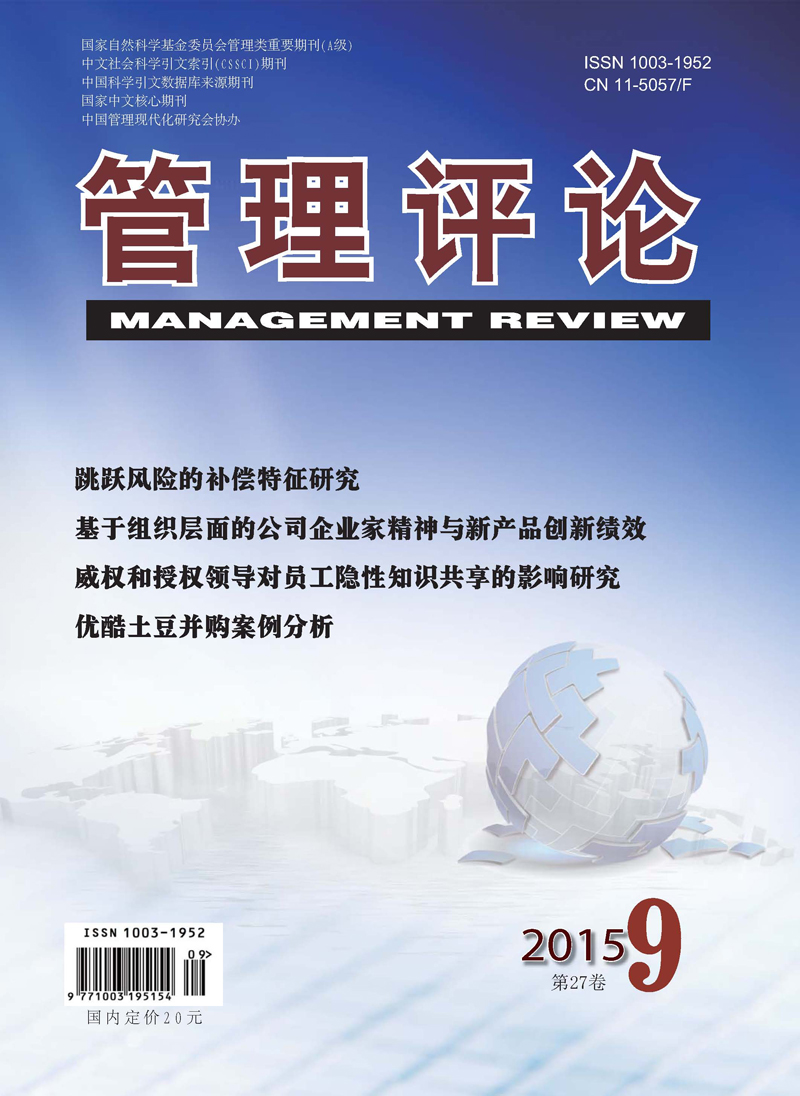The literature suggests that high-involvement and highly-heterogeneous products are unsuitable for online sale. But currently, the e-purchase of automobiles and luxuries indicates that things are different now. The literature merely focuses on settings of buying low-risk and standardized products, ignoring the complex buying behaviors. This paper, based on grounded theory, analyzes consumer reviews about e-purchase of cars, and finds that channel factors (perceived benefits, product diagnosticity), environmental factors (web-institutional factors, technology-based trust, consumption culture) and individual factors (perceived behavior control, consumer-brand relationship, subjective product knowledge, past experiences, perceived complexity of decision) influence consumers' e-purchase intention. Factors such as subjective product knowledge, consumer-brand relationship, technology-based trust, and perceived complexity of decision capture the characteristics of complex buying behavior, and changes in these aspects enable corresponding products to sell online successfully.

